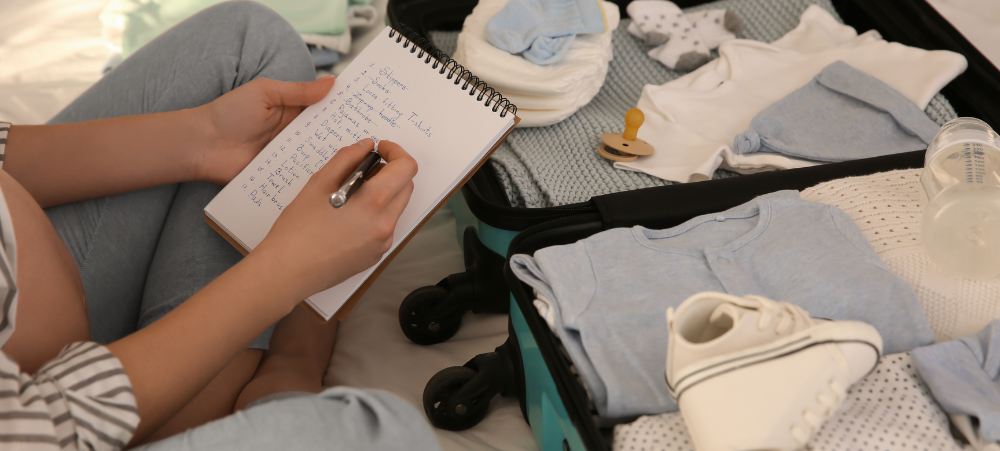There are an estimated 1.4 million children around the world who are blind – and one in five of them live in sub-Saharan Africa. Many of these children would be able to see, only if they had received the right care at the right time. It is the fact that in so many cases blindness can be prevented that inspires the work of international sight-saving organisation ORBIS.
A major cause of blindness is that eye problems are not picked up before age six, simply because people don’t know the warning signs. ORBIS has put together a checklist for parents and caregivers to detect eye problems. This is a crucial time so that the pathways between the brain and eye can develop properly. Compiled in consultation with Dr Dharmesh Parbhoo (consultant ophthalmologist at the ORBIS Paediatric Eye Care Centre, Inkosi Albert Luthuli Central Hospital), ophthalmologist Dr Robert Lindfield (ORBIS Medical Advisor) and optometrist Reshma Dabideen (ORBIS Africa, Senior Programme Advisor).
THE CHILD’S EYE
- Look regularly and carefully at the eye for any of these warning signs:
- A white pupil or white spot on the pupil
- Not being able to fix eyes and follow a moving object such as a finger or toy
- One or both eyes being bigger or smaller than usual
- Crossed eyes or one eye looking in another direction
- Redness of the eye and around the eye and / or crustiness
- Swelling or inflammation
- Excessive watering
- Protruding or sticking out
THE CHILD’S BEHAVIOUR
Does the child?
- Smile and focus on your face by the time they are 3 months old?
- Cover or close one eye when trying to focus on something
- Hold objects close or get very close to the TV, computer or blackboard
- Have trouble reading or doing close-up work
- Tilt or angle the head when trying to focus
- Complain things are blurred or difficult to see
- Squint or frown when concentrating and / or looking at things in the distance
- See double
- Have jerky eye movements
- Rub their eyes a lots or complain of sore, itchy or scratchy eyes
If you notice any of the above or have any reason at all to be concerned about the child’s sight seek professional advice.
What can parents and caregivers do to protect eye health?
- Check that the ‘Eye’ section of the child’s Road to Health Clinic Card is completed
- Speak to a health care professional (i.e. community healthcare worker, optometrist or family doctor) immediately if you suspect a problem
- If your child requires spectacles ensure that they wear them; a child is never too young to wear glasses
- Keep your child’s face and hands clean to minimise risk of eye infections
- Make sure that your newborn’s eyes are delicately wiped (with separate, clean cotton wool and cooled boiled water) immediately after birth – to prevent conjunctivitis and other more serious infections
- Know that even if a child is born blind it may be possible to restore sight – in about 40% of cases vision problems are treated successfully.
Early intervention is vital so do not delay in taking the child to a health care professional.
targeted toward Parents.
We understand that there are many aspects that encompass a Mother, Father or Child and strive toward providing resources and services that accommodates
this.
Our content is aimed to inform and educate families on issues starting from
pregnancy through to the challenges of the teen-age years.
- Mindful Parenting: Staying Calm Amid Chaos - October 7, 2025
- When it comes to Breast Cancer, everyone’s journey matters - September 30, 2025
- Teaching Kids Gratitude: Simple Everyday Practices for a Positive Mindset - September 30, 2025





